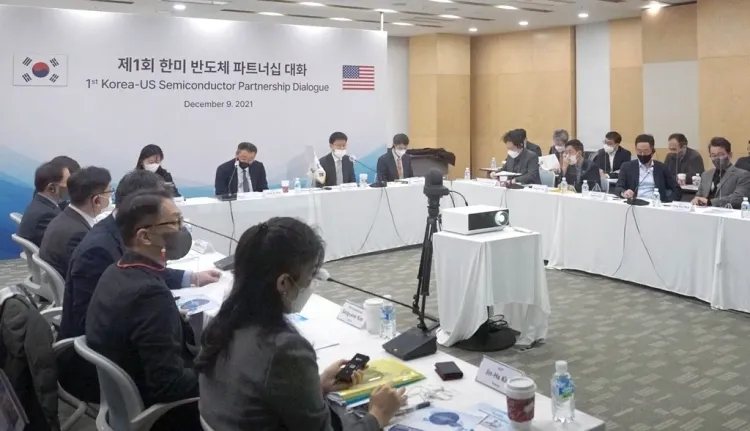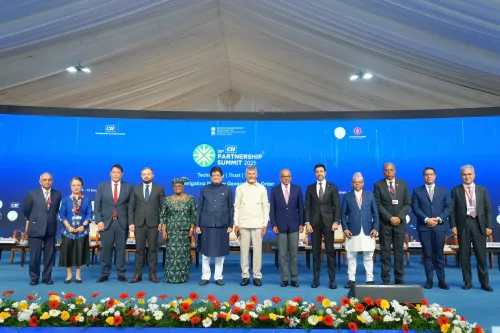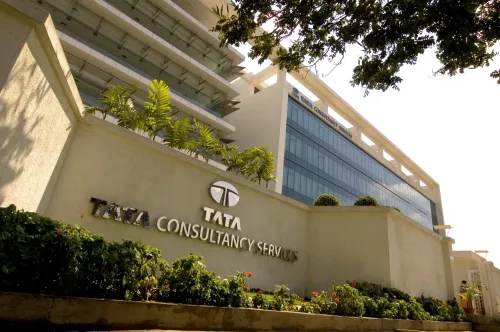Is South Korea's Energy Supply Safe Amid Mideast Conflict?

Synopsis
Key Takeaways
- Energy supply remains steady despite Middle East tensions.
- Emergency measures are in place to monitor and respond to potential disruptions.
- Oil reserves are sufficient for approximately 200 days.
- Government extends fuel tax cuts to mitigate price increases.
- South Korea is actively involved in international energy projects.
Seoul, June 19 (NationPress) South Korea's energy supply remains unaffected by the ongoing Israel-Iran conflict, according to a statement from Seoul's Ministry of Industry on Thursday. The ministry emphasized that it is operating in an emergency mode to address the rising tensions in the Middle East.
The Ministry of Trade, Industry and Energy convened an emergency meeting with local refinery representatives to assess the availability and pricing of oil and gas while developing strategies to manage potential uncertainties arising from the region, as reported by the Yonhap news agency.
Currently, the ministry has confirmed that there have been no reports of interruptions in the import of oil and liquefied natural gas (LNG), and all South Korean oil tankers and LNG carriers operating near the troubled area are functioning normally.
South Korea has oil reserves projected to last around 200 days and natural gas reserves that exceed the legally required levels, the ministry added.
The government is preparing to tackle any scenarios that could disrupt Korea's energy supply, including the potential closure of the Hormuz Strait, while also striving to stabilize energy prices.
Global oil prices surged over 20 percent to US$76.70 per barrel as of Wednesday, compared to the end of May. This increase follows Israel's pre-emptive airstrikes on Iranian military and nuclear targets and Iran's subsequent retaliation.
To mitigate the impact, the Seoul government has decided to extend its fuel tax cuts, which were originally set to expire in June, until August.
Additionally, the government plans to conduct on-site inspections to combat the sale of counterfeit petroleum goods.
“We are committed to minimizing the repercussions of tensions in the Middle East on our domestic oil and gas supplies and their pricing,” stated Yoon Chang-hyun, the director general for resources industry policy at the ministry.
In other news, South Korea has secured a 52 million-euro ($59.6 million) contract to provide a crucial component for the construction of an international experimental fusion reactor in France, as reported by the science ministry.
A memorandum of understanding (MOU) has been signed to deliver power supply systems for the reactor, reflecting Seoul's ongoing support for the International Thermonuclear Experimental Reactor (ITER) project, according to the Ministry of Science and ICT.









